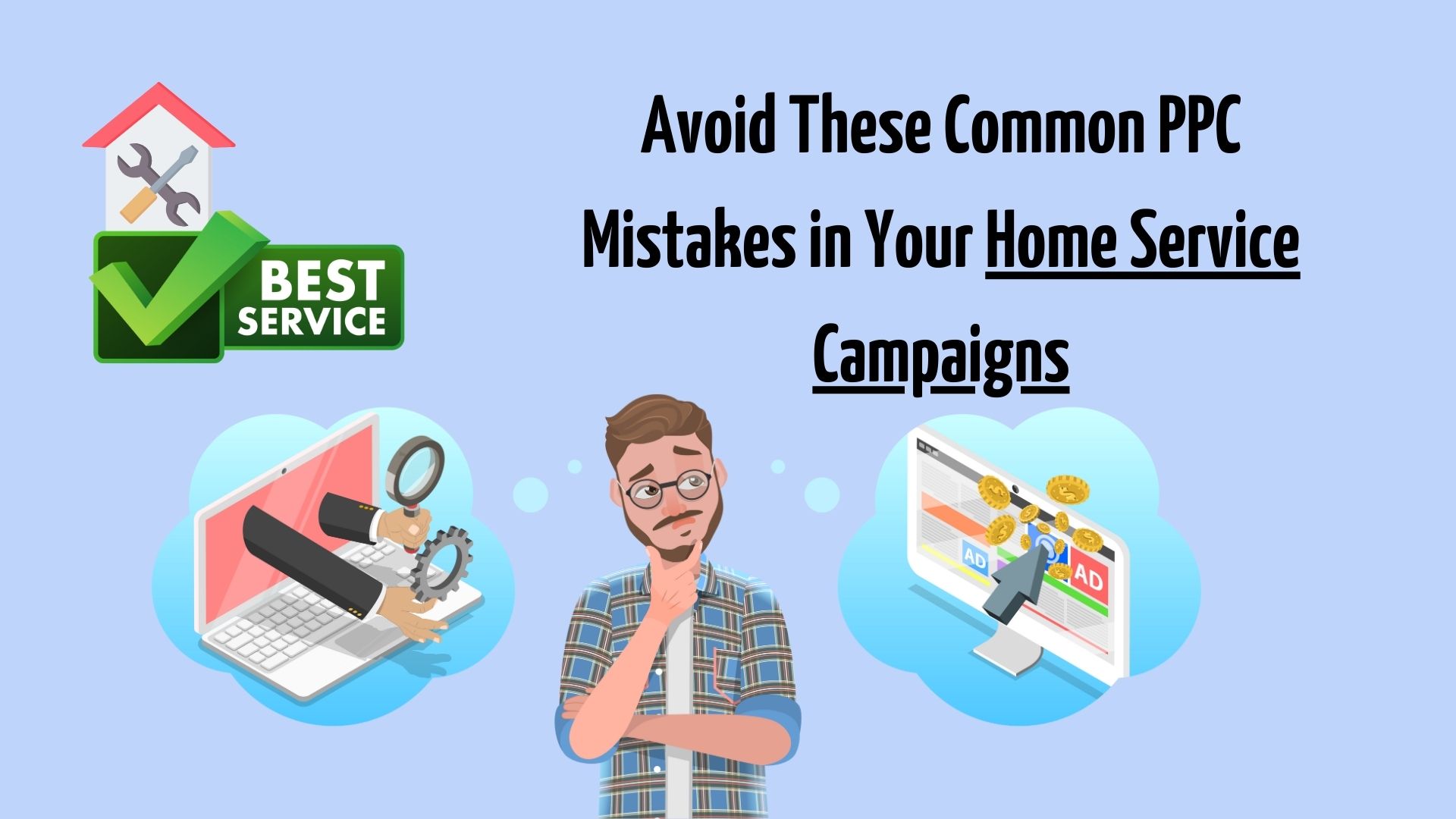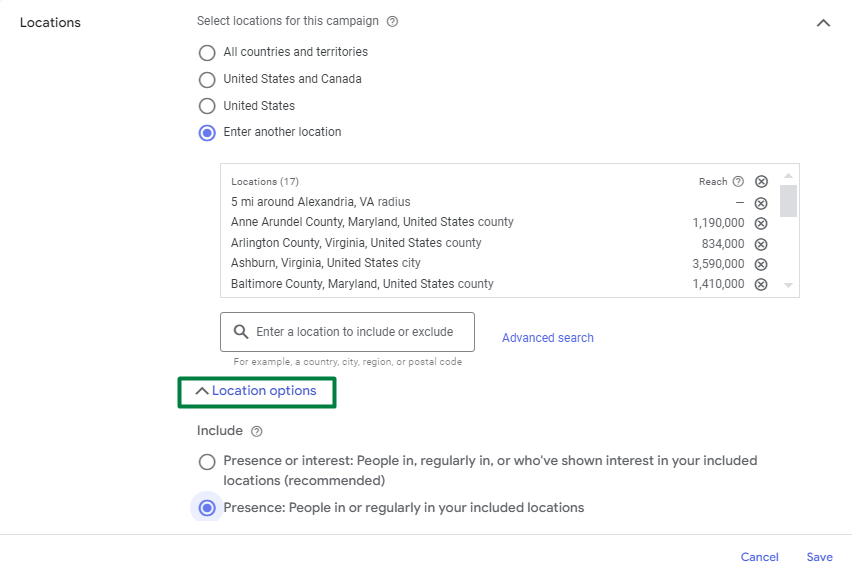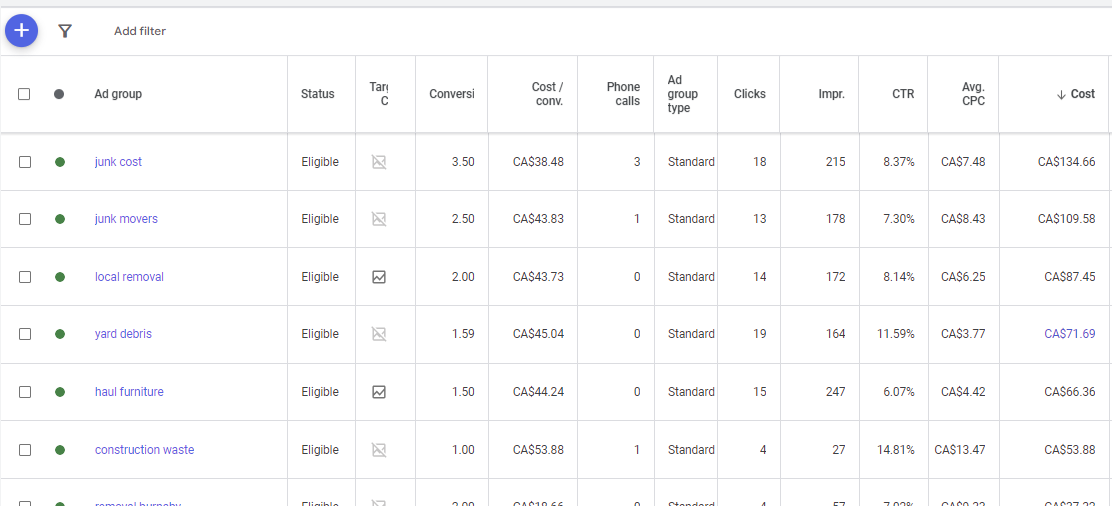
Post published: July 30, 2024 6:18 pm
Author: Iuliia Emets
Total views: 1,445
Reading time: 3.1 min
In this article
To maximize the effectiveness of your PPC campaigns, it’s crucial to avoid common pitfalls that can waste budget and reduce campaign performance. Here are practical tips and examples to guide you in optimizing your campaigns for better results:
1. Not Setting Up Comprehensive Conversion Tracking
Tracking all conversions, including calls and form submissions, is essential for measuring your campaign’s effectiveness.
Example: If you’re running ads for a plumbing service, set up conversion tracking for phone calls and online booking forms. Use Google Tag Manager to trigger events when a form is submitted or a call button is clicked. This allows you to attribute these actions to specific ads and keywords, giving you a clear view of what’s driving leads.
![]()
2. Overlooking Precise Geotargeting
Using broad location targeting can lead to wasted ad spend on irrelevant traffic, especially for local businesses.
Practical Tip: A lawn care company in Dallas should use geotargeting to focus ads only within the Dallas metro area. Avoid including regions outside your service area by using Google Ads‘ radius targeting and the “exclude” feature to filter out unwanted locations. This ensures your ads reach only those who are potential customers.

3. Neglecting Negative Keywords
Negative keywords are crucial for preventing your ads from showing up in irrelevant searches, saving your budget from wasted clicks.
Example: For a roofing company, use negative keywords like “DIY,” “free,” or “jobs” to avoid appearing in searches from users looking for DIY solutions, free services, or job opportunities. Regularly update this list by reviewing search term reports to identify irrelevant queries that have triggered your ads.
4. Not Utilizing Remarketing Lists for Search Ads (RLSA)
RLSA can help you re-engage visitors who have previously shown interest in your services, increasing the likelihood of conversion.
Practical Tip: A home cleaning service can use RLSA to target users who visited their pricing page but did not make a booking. Set higher bids for these users when they search for related terms, like “home cleaning services near me.” Tailor your ad copy to offer a discount or highlight a special service to entice them back.
5. Inadequate Use of Ad Extensions
Ad extensions can make your ads more informative and attractive, increasing click-through rates.
Example: A pest control company can use call extensions to encourage immediate contact, sitelinks to direct users to different service pages (e.g., “Termite Control,” “Rodent Removal”), and location extensions to show the business address. This not only improves ad visibility but also provides users with more ways to interact with your business.
6. Ignoring Advanced Bid Adjustments
Adjusting bids based on device, location, and time can optimize your ad spend and increase conversions.
Practical Tip: If data shows that mobile users are more likely to book services in the evening, a home repair service should increase bids for mobile devices during these hours. Similarly, adjust bids based on the user’s distance from your service area, offering higher bids for those closer to your business.
7. Lacking a Proper Account Structure
An organized account structure helps in better management and optimization of your PPC campaigns.
Example: For a junk removal service, structure your account with separate ad groups for different services, such as “Household Junk Removal,” “Office Cleanouts,” and “Construction Debris Removal.” This organization allows you to create specific ads and select keywords tailored to each service type, improving the relevance and effectiveness of your ads.

By implementing these practical tips, home service businesses can refine their PPC strategies, enhance targeting, and maximize their return on investment. Avoiding these common mistakes will help you attract more qualified leads and grow your business effectively.
Good Luck!


